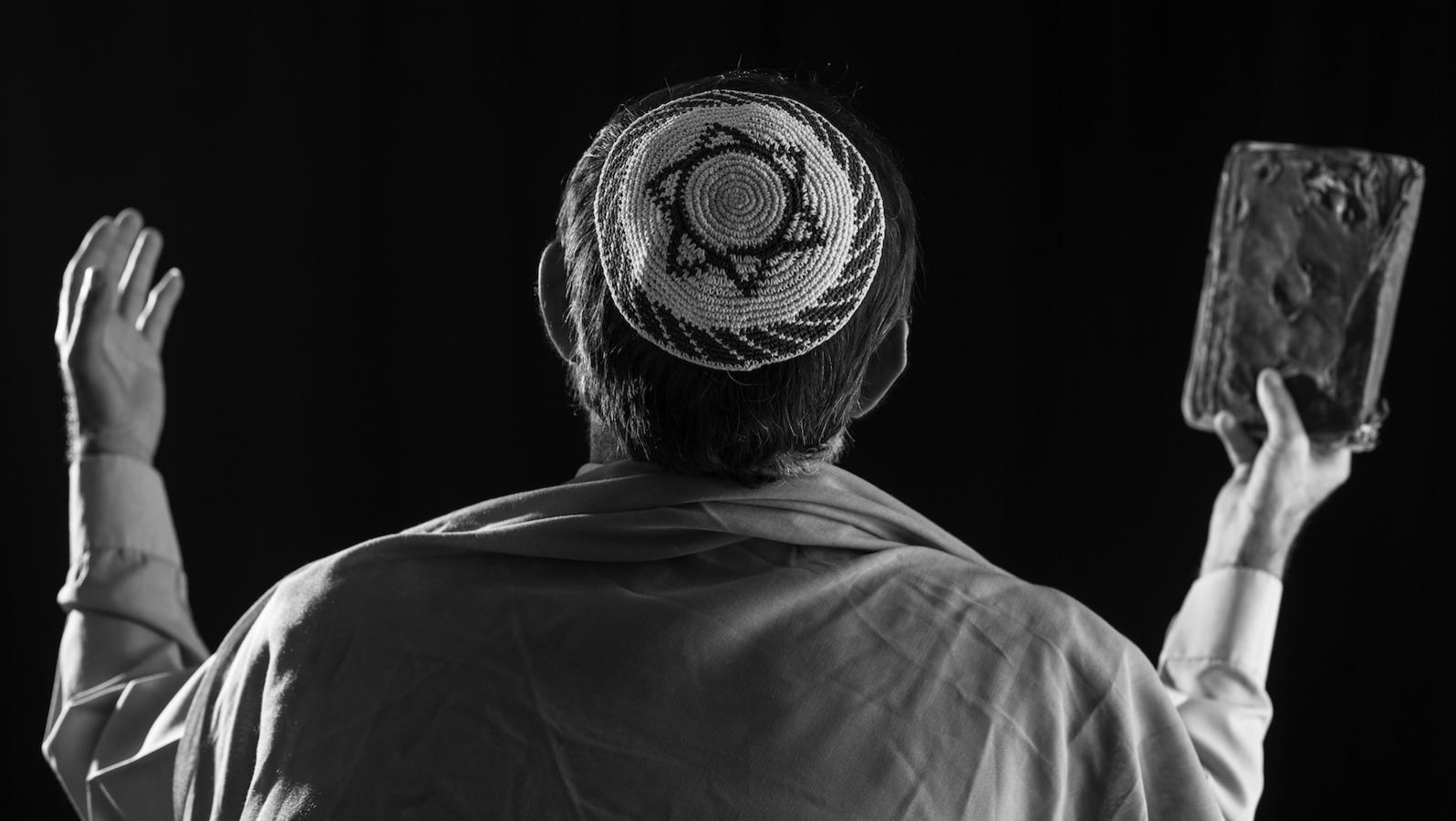Christopher and Marie O’Malley are sitting at home one evening when the doorbell rings. Chris opens the door to find a well-dressed couple on his steps, smiling politely.
“Excuse me, are you Jewish?” one of them asks.
“No,” Chris responds.
“Have you ever considered Judaism for your spiritual needs?” the interloper continues, reaching into her satchel for a bunch of brochures, which she hands over to the bewildered homeowner. “We’re holding a class tomorrow night. Perhaps you’d like to stop by and see what we have to offer.”
With your help, My Jewish Learning can provide endless opportunities for learning, connection and discovery.
This would never happen, right? One thing that has always set Jews apart from Christians and Muslims, something we point to with pride, is that Jews don’t push their religion on other people. Jews don’t tell non-Jews that they’re going to hell, that they’ll be denied salvation if they don’t accept the halachic yoke. Jews don’t proselytize.
But we sure used to. Most Jews today may not be aware of it, but Judaism has a long history of not only welcoming, but encouraging gentiles to become Jewish. From the day Abraham picked up a flint and performed his own circumcision, thus becoming Judaism’s first convert, ancient Israelites openly spread their teachings among the nations they encountered.
Jewish proselytizing was so successful, it’s estimated that by the first century C.E. fully 10 percent of the Roman Empire was Jewish, close to 8 million people.
“It’s an incredible number, and it means that the Jewish community was not meant to be this tiny, minuscule group,” notes Rabbi Lawrence Epstein, founder and president of the Conversion to Judaism Resource Center in Commack, N.Y.
Jews only stopped open proselytism because of pressure from Christian and then Muslim rulers, beginning in 407 C.E. when the Roman Empire outlawed conversion to Judaism under penalty of death. But the internal, theological impetus to be “a light unto the nations” (Isaiah 42:6) persisted through the centuries, albeit undercover, advancing and retreating along with Jewish fortunes in the Diaspora.
Now in 21st-century America, where Jews are a privileged minority openly practicing their religion, powerful in every area of political, social, and economic life, some rabbis and Jewish leaders are suggesting that it’s time to cast off the prohibition forced upon us by anti-Semites and return to our original universalistic mission. Judaism is a great religion, with much to offer today’s society. Why shouldn’t we make it more available to outsiders who might wish to join the tribe?
“I welcome the idea of freshening up the gene pool,” says San Francisco sociologist Gary Tobin, president of the Institute for Jewish and Community Research and author of Opening the Gates-How Proactive Conversion Can Revitalize the Jewish Community. “We’re doing a great mitzvah if we help make more Jews.”
What does “making more Jews” mean? Not just welcoming new converts once they convert, which virtually all Jewish leaders say they advocate, or being more open to inquiries from potential converts-here the Orthodox are more circumspect than the other denominations-but actually encouraging non-Jews to consider choosing Judaism.
Tobin calls it “proactive conversion,” the notion that Jews should stop playing hard-to-get and start issuing open invitations to spiritual seekers from outside the faith. Jews don’t need to go door-to-door or hold mass stadium rallies, he says, just open their eyes and realize there’s a growing number of non-Jews out there in America who are attracted to Judaism and who would, if given half a chance, make fine additions to the Jewish family.
“In America today,” Tobin notes, “people change religions all the time. Two out of every five Americans switch religions at least once.”
Proactive conversion isn’t a “magic bullet” for what ails the Jewish community, Tobin cautions. Education is key, for born Jews and for converts, so that every Jew is actively choosing Judaism.
Reprinted with permission from the July/August 2002 issue of Moment Magazine.
halachic
Pronounced: huh-LAKH-ic, Origin: Hebrew, according to Jewish law, complying with Jewish law.
mitzvah
Pronounced: MITZ-vuh or meetz-VAH, Origin: Hebrew, commandment, also used to mean good deed.



